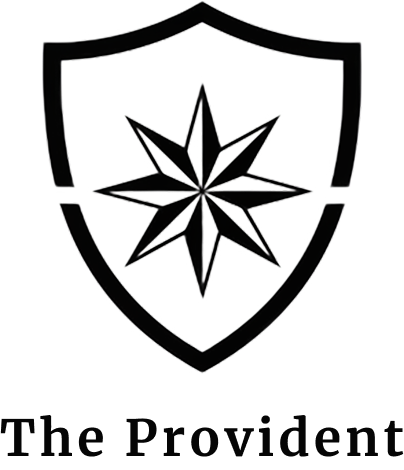
The Survivor's Mindset: How to Develop Mental Toughness for a Crisis
Share

In the world of preparedness, we often focus on gear—the best knife, the perfect fire starter, the most comprehensive first-aid kit. But in a real crisis, the most critical piece of equipment you have is the one between your ears. Mental preparedness is the foundation upon which all other skills are built. The best gear in the world is useless if you are paralyzed by panic.
Understanding crisis psychology and developing a true survival mindset is what will ultimately see you through. It begins with understanding the crucial difference between fear, a natural and useful response that heightens your senses, and panic, a destructive state that shuts down rational thought.
The S.T.O.P. Acronym: Your First Response
When a crisis hits, the urge is to do something immediately. This is often the worst possible reaction. The key to how to stay calm in an emergency is to have a pre-planned mental response. The S.T.O.P. acronym is a powerful tool for this.
-
S - Stop: The moment you realize you are in an emergency, physically stop what you are doing. Take a deep breath. This simple act breaks the initial surge of adrenaline and prevents a panicked, rash decision.
-
T - Think: Engage your rational brain. What is the immediate threat? What are the facts of the situation, separate from your fear?
-
O - Observe: Look around you. What resources do you have? What are the environmental conditions? What are the potential dangers and opportunities?
-
P - Plan: Based on your thoughts and observations, create a simple, actionable plan. Focus on the next immediate step that will improve your situation, whether it's finding shelter, addressing an injury, or making a communication plan.
Managing Stress and Maintaining Morale
In a prolonged crisis, managing long-term mental stress is just as important as the initial response.
-
Routine and Purpose: Humans thrive on routine. In a chaotic situation, creating a simple daily routine can provide a powerful sense of normalcy and control. Assigning tasks and giving everyone a purpose—even small ones like collecting firewood or being in charge of the water filter—is crucial for maintaining individual and group morale.
-
The Psychology of Hope: A positive mental attitude (PMA) is not about ignoring the danger; it's about believing in your ability to overcome it. Focus on what you can do, not what you can't. Celebrate small victories. Hope is a psychological resource that gives you the energy to keep going.
Situational Awareness: Your Best Defense
The best way to handle a crisis is to see it coming. Situational awareness is the skill of being present and observing your environment.
-
Practice Daily Observation: You can train this skill every day. When you enter a store, make a mental note of the exits. In a crowd, pay attention to the general mood of the people around you. This isn't about paranoia; it's about being an active participant in your environment rather than a passive observer. This constant, low-level observation trains your brain to notice when something is out of place, giving you a critical head start.
Training Your Brain
Mental toughness is a skill, and like any skill, it can be trained.
-
Visualization and "What-If" Scenarios: You don't have to be in a real disaster to practice. Regularly run through "what-if" scenarios in your mind. What if the power went out right now? What if I got a flat tire on this deserted road? By mentally rehearsing your response in a calm state, you are creating neural pathways that your brain can access more easily under the stress of a real event.
Conclusion: Your Mind is Your Ultimate Survival Tool
A well-stocked go-bag is important, but a well-trained mind is indispensable. The ability to control panic, think clearly under pressure, and maintain a hopeful, proactive attitude is the core of the survival mindset. Preparedness is a journey, not a destination.
